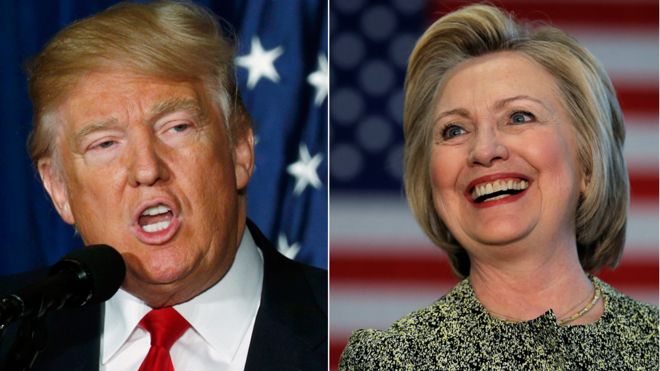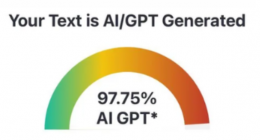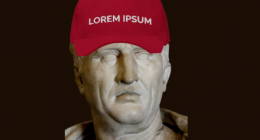Next month, Tesla will begin rolling out their new line of self-driving cars with advanced ethical reasoning algorithms, a never before seen technology that informs the cars’ ability to make decisions and save lives in the event of unavoidable accidents.
Built to solve ethical dilemmas, these algorithms perform millions of calculations per second to evaluate which lives are most worth saving in any given moment, such as children before the terminally ill, or Tesla employees before everyone else.
Critics have raised concern that these calculations could be biased, and even barring this bias, they could have countless flaws that will only become apparent after thousands of hours of testing. In response, Tesla countered, “engineers built this, the smartest people in the world, everything is fine.
” Representatives of the company were later hounded into adding that, “…in the unlikely event of an accident, the cars will undertake every possible action to save the lives of those who can contribute the most to society, such as employees at tech companies and their wealthy founders.
”
Details have leaked regarding the algorithm details, showing that even amongst Tesla employees, not all is equal in these value calculations. In particular, engineers working in the machine-ethics department are objectively determined by the cars to be the most valuable, while certain employees, like Janet from HR, are actually valued at a slightly lower degree than the average populace.
“We are confident that these calculations effectively determine a person’s value to society—after all, facts can’t lie,” said one of Tesla’s lead engineers.
“Look, all I’m saying is I built a car that drives itself. I feel like my contributions to society are pretty clear here.”






